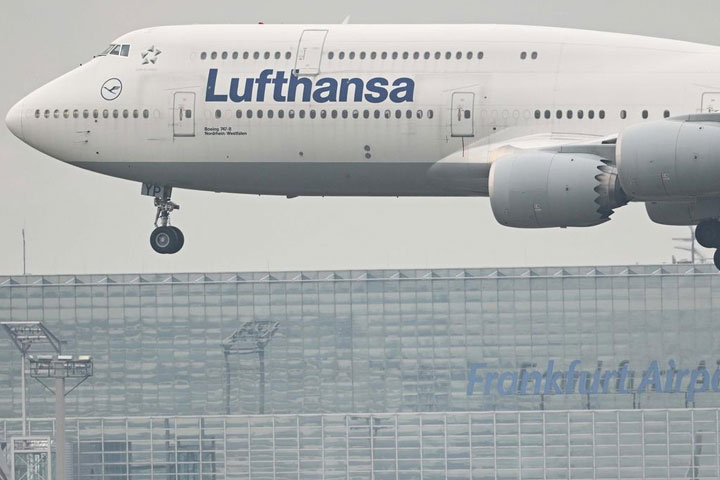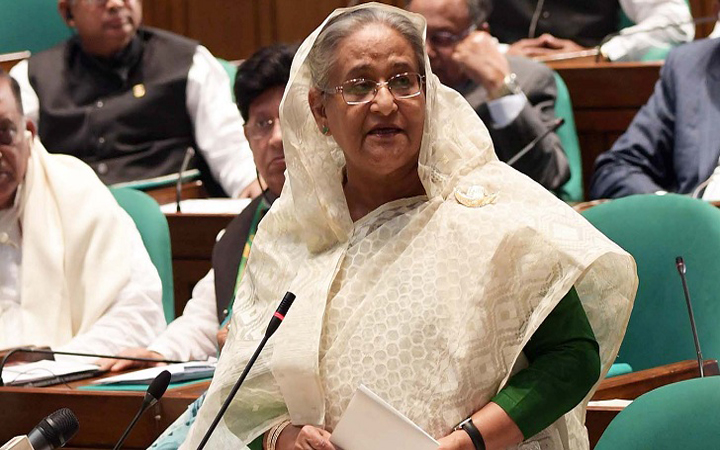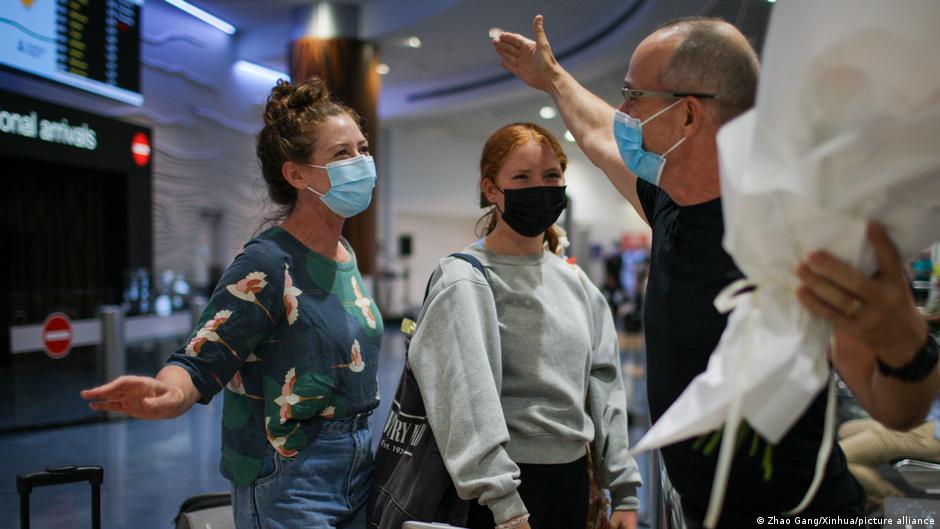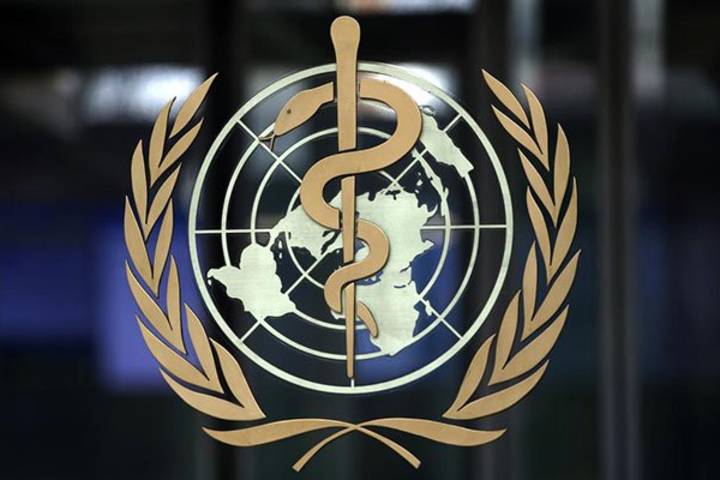COVID pandemic is 'over,' but US economy still ailing
US President Joe Biden has declared the pandemic to be "over," but hundreds still die in the US daily. Patient advocates and researchers warn that public health and the economy are still at risk.
If aliens were to visit the United States and much of the world, one might not blame them for, at first glance, not knowing that a global pandemic was underway. In the US, the mask mandates, required social distancing and other safety precautions that characterized the first couple of years of the COVID-19 pandemic are almost entirely gone. Indeed, in a 60 Minutes interview that aired September 18, Joe Biden declared the pandemic is over. Though he clarified that we still have a problem with COVID. We’re still doing a lot of work on it.
However, experts have since insisted that COVID-19 is still severely impacting public health and economies the world over. In the US, just under 400 Americans are dying daily. Sickness has taken millions out of the labor force, contributing to labor shortages and lost wages. The reality of this is that the COVID pandemic is not over, said Terri Wilder, a social worker and an activist with MEAction Network, an advocacy organization for people with myalgic encephalomyelitis or chronic fatigue syndrome (ME/CFS), including those with long COVID who developed the illness. It’s not over for a lot of people. It has cost us in countless ways. Patient advocates and researchers warn that declaring the pandemic over will condemn Americans to more death and sickness and economic struggle.
Restrictions lifted and vaccines scaled back
Like in much of the rest of the world, local and federal governments in the US have largely abandoned COVID-19-related safety precautions and aid programs two-and-a-half years into the pandemic. The last of the mask mandates in public transport are beginning to be lifted. Legislation that would provide more federal funding for tests, personal protective equipment and other COVID aid has stalled in Congress. Earlier this year, the Department of Health and Human Services stopped requiring that hospitals report daily COVID-19 deaths and other statistics. While some states resorted to weekly COVID-19 statistics reports, others ceased them altogether. Even as the new omicron-specific boosters become available, the US has taken steps backward on ensuring vaccine access. Without more funding local vaccination programs are ending, while local health departments are being stretched thin dealing with COVID-19 and a monkeypox outbreak in the US.
COVID-19 still a public health threat
Patient advocates and public health experts claim that receding government efforts to contain the coronavirus and public claims by the president that the pandemic is over are at odds with the public health reality. Meanwhile, for the increasing number of people who survive COVID-19, the devastating impacts of long COVID are becoming more salient. Long COVID is a catch-all diagnosis for the chronic conditions many people develop after the initial acute infection of the coronavirus. The conditions may be mild, but others are very serious, ranging from diabetes and ulcers to brain fog and pulmonary fibrosis. Workers and wages take a hit Sickness from COVID-19 has also had dramatic economic impacts on Americans, and if it persists it could make matters worse. According to a recent study, half a million people left the US labor force due to illness from COVID-19, including long COVID.
That figure is conservative, given that those missing work to take care of sick family members, those who missed less than a week of work from the sickness, and those who died were excluded from the survey. One of the study’s authors, Stanford University economist Gopi Shah Goda, told The Wall Street Journal if we stay where we are with COVID infection rates going forward, we expect that 500,000-person loss to persist until either exposure goes down or severity goes down. Millions more, while not dropping out of the labor force entirely, have been forced out of work due to long COVID.
They’re so sick, they cannot work. There’s lawyers who can’t practice law. There’s actors who can’t act. There’s dancers who can’t dance. There’s teachers who can’t teach anymore, Wilder explained. As businesses across the US experience labor shortages, a new study from the Brookings Institute found that COVID-19 and specifically long COVID may be a significant contributor. According to the report, between two to four million people are out of work due to long COVID, with lost wages totaling up to $230 billion (euro241 billion) a year. The lost wages do not include the loss of productivity of those who continue to work despite being sick, as well as the health care costs incurred by long-COVID patients and the loss of productivity of their caretakers.
According to the study’s author Katie Bach, these impacts stand to worsen over time if the US does not take the necessary policy actions. Those include better prevention and treatment options, better data collecting, expanded paid sick leave, improved employer accommodations and wider access to disability insurance. There’s this trickle effect. If you don’t have a source of income, how do you pay for rent? How do you pay for food? How do you pay for transportation? said Wilder. We are creating this situation where we’re going to have people experiencing food insecurity, homelessness and the lack of ability to get any kind of medical or social services, she added.
28 Sep 2022,21:59














 Live Tv
Live Tv









